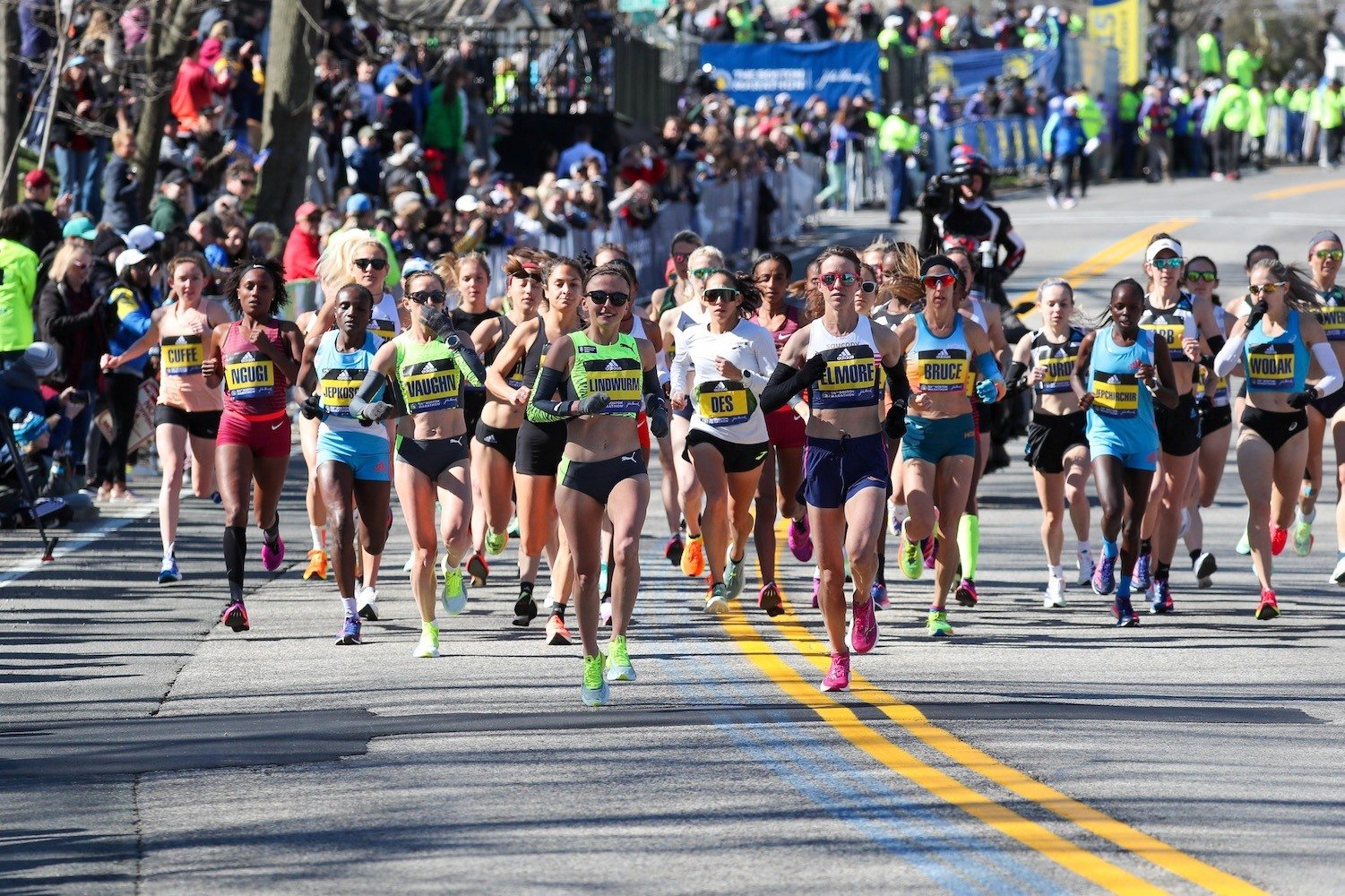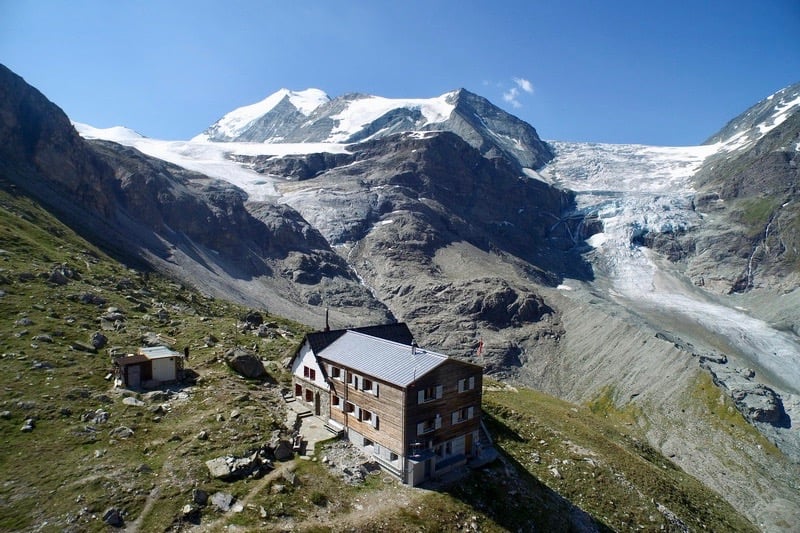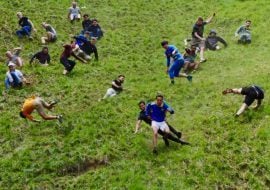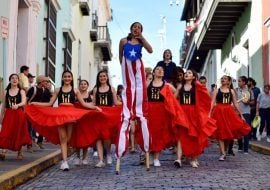Picture-Perfect Conditions At The Gold Coast Marathon
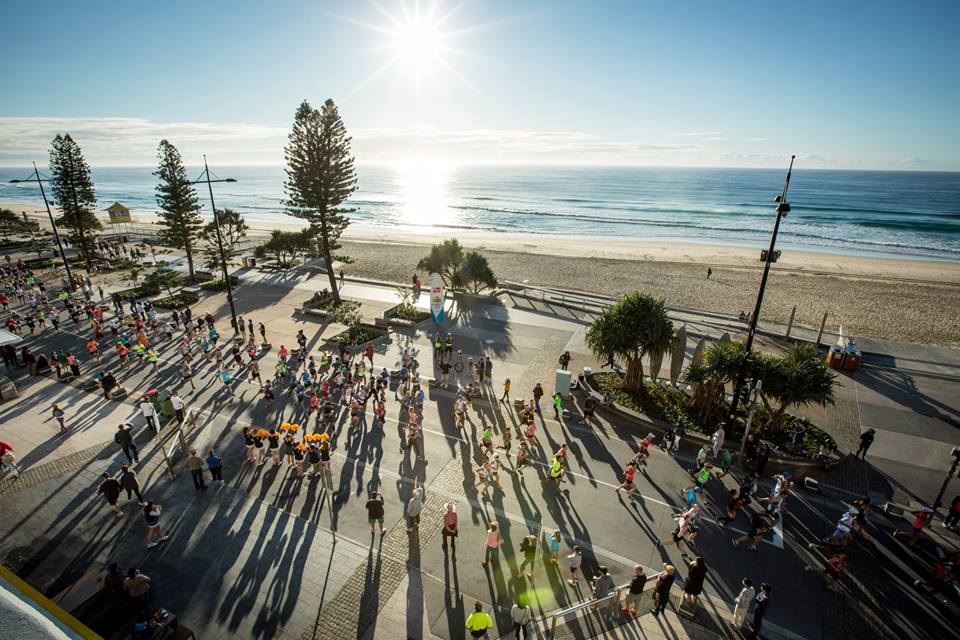

The seaside location and ideal weather of this mid-summer race make it one of the fastest in Australia
Australia’s Gold Coast Marathon is inarguably one of the most beautiful seaside marathons in the world. Located an hour by car south of Brisbane on the Eastern coast of Australia, the Gold Coast marathon is one of the premier running races in all of Oceania.
The Gold Coast isn’t just a good race because of its scenic views and stellar location. The course and conditions are perfect for running a fast time. The course is a flat out-and-back route along the sea, next to the heart of the city. On top of that, July in the Gold Coast is nearly ideal for marathoning.
What kind of weather can you expect at the Gold Coast Marathon?
Temperatures at the Gold Coast Marathon are slightly warmer than optimal for an elite performance, but for most people, they are fantastic for running a fast time.
During the last weekend in June and the first weekend in July (when the Gold Coast marathon is held), temperatures average a low of 50 and a high of 70 degrees. Not only that; the conditions year-to-year are remarkably similar. During the last seven years, the ambient temperature during the race has been no colder than 50 degrees and no hotter than 73 degrees.
In a typical year, the temperature at the start line will be 54 degrees. As the race progresses, the temperature heats up to 69 degrees by noon, when the back-of-the-pack runners will be finishing. These temperatures are slightly warmer than optimal for an elite performance, but for most people, they are fantastic for running a fast time.
The year-to-year reliability of race-day conditions is convenient, because it means that you are unlikely to encounter wild swings in temperature from what you are expecting. Compare that to other races, like the Boston Marathon, where temperatures can be frigid one year, and sweltering the next.
Another perk of the Gold Coast Marathon is that the odds of precipitation are pretty low. During July, the Gold Coast averages only seven days with any rain throughout the month. This means the odds of any rain on race day are about one in five. Indeed, in the last seven years, it’s only rained once–runners faced light sprinkles in 2014.
For an oceanside location, the winds are surprisingly docile. For most of June and July, average wind speeds are well below 10 miles per hour; with a little luck, these won’t have any real impact on your race time, despite the fact that the race goes right along the ocean.
Preparing for the weather at the Gold Coast Marathon
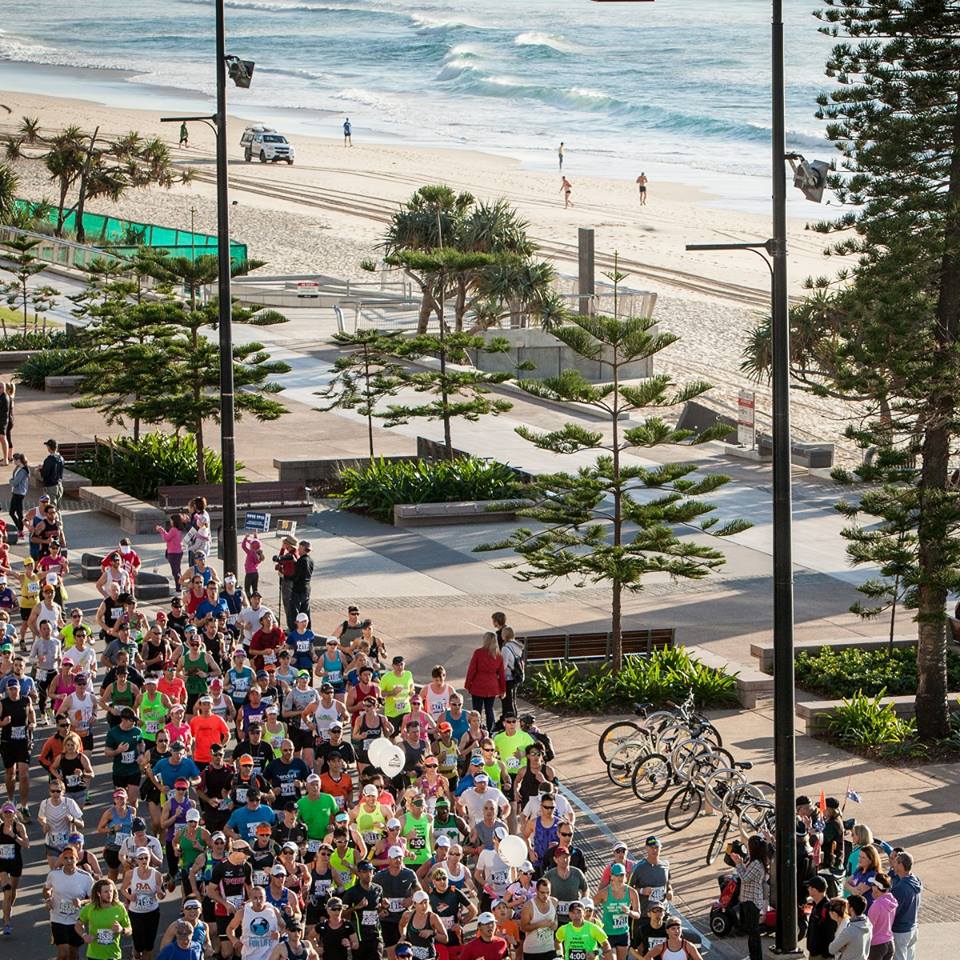
The fairly tight margins on the expected temperature on race day mean you can pack pretty light when it comes to your race day gear. The worst possible conditions you’d encounter would be rainy and low 50s, so you might want a synthetic long-sleeve, or some arm warmers. But you shouldn’t need to worry about tights, a hat, or gloves.
On the hot end, a sunny day in the low 70s would definitely slow your pace and increase your fluid needs, so if the forecast calls for temperatures on the hot end (or if you are a slower runner who will be on the course longer), study the course map more closely and take note of where the aid stations are.
Setting up for a fast time on race day
Unless there are major deviations from historical weather averages, race day conditions at the Gold Coast Marathon should be perfect for setting up for a personal record. You shouldn’t need to adjust your race plan at all to account for poor conditions. The flat, fast course and the amazing oceanside views should pull you along for a new personal best.
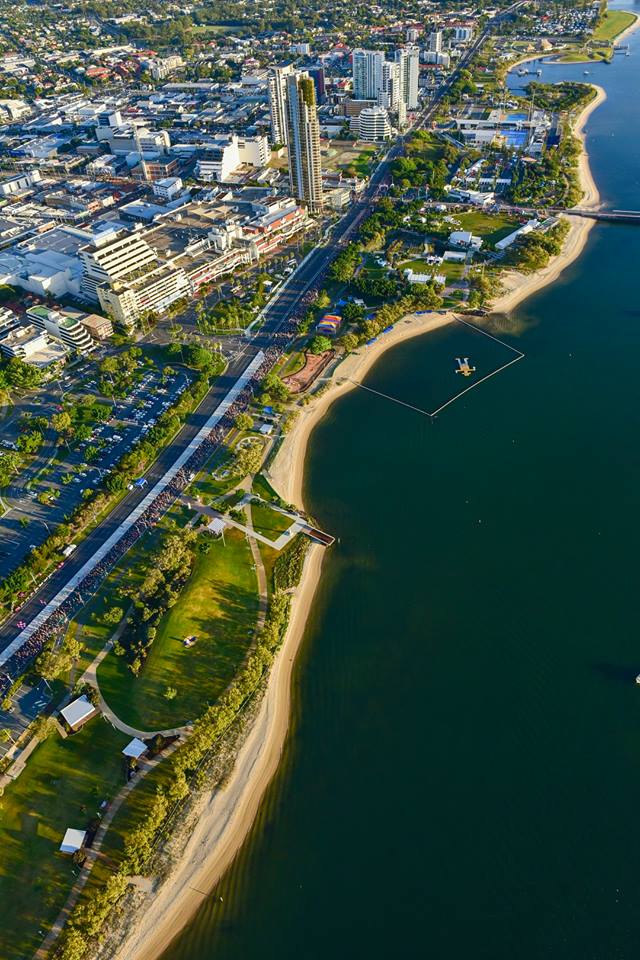
Photo credits: goldcoastmarathon.com.au
Related Articles:
Going The Distance At South Africa’s Two Oceans Marathon
Honolulu Marathon: A Run In Paradise
Last updated on Jun 21, 2019Have you subscribed to our Newsletter or Podcast? Listen to us on Apple Podcast and Spotify and follow us on Facebook, Instagram Twitter and YouTube.
Accommodation near Gold Coast
Rad Season is providing you with rentals and hotels at the lowest prices available online. Book your stay near Gold Coast using the map below!
